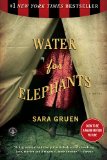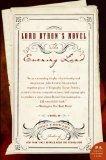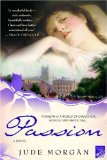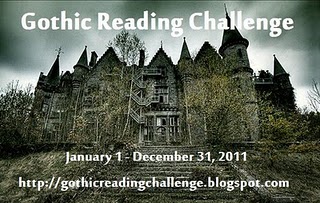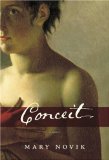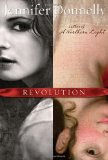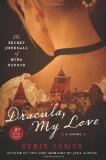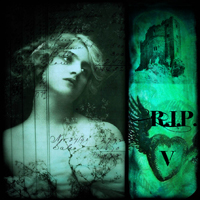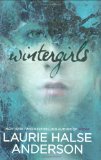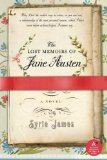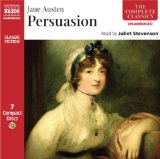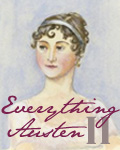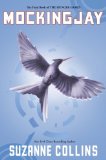 Tonight is a school night, and I should probably wait to write this review. After all, I am probably one of the last human beings in America to read Water for Elephants, so it isn’t as if my review couldn’t wait. Except I read this book in a day. A day. I just sat and read and read and couldn’t put it down. I think the last book I did that with was Ernest J. Gaines’s A Lesson Before Dying. It was an awesome way to spend my Sunday. Jacob Jankowski is my BFF.
Tonight is a school night, and I should probably wait to write this review. After all, I am probably one of the last human beings in America to read Water for Elephants, so it isn’t as if my review couldn’t wait. Except I read this book in a day. A day. I just sat and read and read and couldn’t put it down. I think the last book I did that with was Ernest J. Gaines’s A Lesson Before Dying. It was an awesome way to spend my Sunday. Jacob Jankowski is my BFF.
For those unfamiliar with the plot, Jacob Jankowski is 90. Or 93. He is living in an “assisted living” home. One day, the residents notice a circus going up near the home, and it brings back a flood of memories for Jacob. He unfolds for the reader the story of his time with the Benzini Brothers Circus in 1931; of how he met Marlena, Walter, Camel, and a cast of other characters, especially Rosie, who is one amazing elephant (I fell in love with her, too). It was an incredible ride, and I’m not sure how to summarize it better than that.
Gruen’s descriptions are so apt one can smell the animals, the popcorn, the sawdust, and the sweat. It’s an incredible achievement. The entire spectacle is so vivid that you’ll swear all the people contained in its pages are real and breathe, or did once. It’s the kind of book that makes you forget you’re reading a book and transports you to another time and place, and it’s definitely earned a place on my favorites shelf. How on earth did I wait so long to read it? I think on the face of it, I didn’t think it would interest me because I didn’t consider myself interested in circuses. Then a colleague at work who has great taste in books (with the exception of saying The Great Gatsby is overrated) said it was a wonderful book, which was high praise indeed coming from him, so on my TBR pile it went. And it sat there for too long. I am glad I read the book before I saw the movie so I can have my own picture of the characters and my own enjoyment of the story untainted by a film version. I’m sure the film will be fine, but you know how it is with books and movies. I’ve only ever seen one movie that was better than the book it was based on, and that had as much to do with the charismatic actors as it did with the smart changes and cuts made (it was The Princess Bride, for the record).
If you, like me, have waited to read this one, do yourself a favor and read it now. I’m already pushing it into my husband’s hands (and hoping he doesn’t laugh at my annotations). I would give it infinity stars like I’d like to give Revolution if I could.
Rating:




This book was read as part of the Historical Fiction Reading Challenge and the Take a Chance Challenge: LibraryThing Pick. I have nine more historical fiction books to read to complete the first challenge, and nine more Take a Chance books to read to complete the second.
